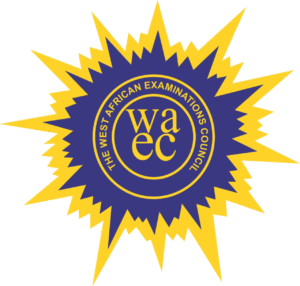I will tackle challenges in school feeding and guarantee quality — Gender Minister-Designate

Agnes Naa Momo Lartey, the Member of Parliament for Krowor and the minister-designate for Gender, Children, and Social Protection, has vowed to tackle the longstanding issues surrounding Ghana’s school feeding programme. Reflecting on the 2024 National Democratic Congress (NDC) manifesto, she has expressed her commitment to addressing key challenges in the programme, particularly the bottlenecks in its implementation and the ongoing issues related to the capitation grant, both of which are discussed in detail on page 118 of the manifesto.
In her appearance before Parliament’s Appointments Committee on Wednesday, January 22, 2025, Naa Momo Lartey outlined her approach to resolving the challenges facing the Ghana School Feeding Programme (GSFP). These challenges have persisted for years, including the arrears owed to caterers who provide meals to children in public schools across the country. She emphasized that dialogue will be at the core of her efforts to address these issues, particularly the outstanding payments owed to caterers by the government. She pledged to engage all relevant stakeholders, including caterers, government ministries, and other partners, to find a sustainable solution that will ensure timely payments and restore stability to the programme.
“One of my strengths is dialogue, and I plan to leverage this skill to engage with all parties involved to find long-term solutions,” Naa Momo Lartey explained during her vetting. “Once some payments have been made, I believe President John Mahama is committed to ensuring that the school feeding programme is implemented smoothly, and that the quality of the meals provided is up to standard. My role will be to work within that framework to make sure the remaining payments are addressed by collaborating closely with the Ministry of Finance and the Ministry of Education.”
The Ghana School Feeding Programme, which offers free lunches to children in public primary schools, has played a significant role in improving school attendance, reducing malnutrition, and enhancing food security for children from low-income families. Despite these positive outcomes, the programme has struggled with financial constraints and administrative hurdles, particularly concerning delayed payments to caterers. These challenges have led to frequent protests and strikes by caterers and suppliers who have not received their due payments, leading to disruptions in the feeding programme and a negative impact on the children it aims to serve.
As the minister-designate, Naa Momo Lartey is focused on finding solutions to these critical financial issues. She believes that addressing the financial bottlenecks is essential to the success of the school feeding programme. Her plan includes extensive consultations with key stakeholders to ensure that all arrears are paid in a timely manner, which will allow the programme to continue without interruption. Additionally, she emphasized the need to ensure that the quality of meals provided to students is not compromised, and that the programme’s goals of improving school enrolment, food security, and reducing malnutrition are maintained.
The school feeding programme is not only a tool for improving the health and well-being of children but also a strategy to enhance education outcomes. By providing free meals, the programme aims to encourage more children to attend school regularly, while also reducing the burden on families who might otherwise struggle to provide adequate meals for their children. However, the financial instability caused by unpaid arrears threatens the sustainability of the programme and its ability to meet these important goals.
To ensure the continued success of the GSFP, Naa Momo Lartey has pledged to work closely with the Ministry of Finance and the Ministry of Education to address these financial challenges. Her commitment to reforming the programme and making it more efficient and effective is aimed at ensuring that Ghana’s children can continue to benefit from the programme without interruption. By addressing the financial concerns and restoring the programme’s credibility, she hopes to strengthen its impact on school enrolment, hunger alleviation, and the overall educational outcomes of the country’s young learners.
Naa Momo Lartey’s approach to reforming the school feeding programme is grounded in collaboration, dialogue, and a strong focus on ensuring that the government meets its financial obligations. Through these efforts, she aims to safeguard the programme’s success and contribute to the overall improvement of Ghana’s education system and the well-being of its children.





